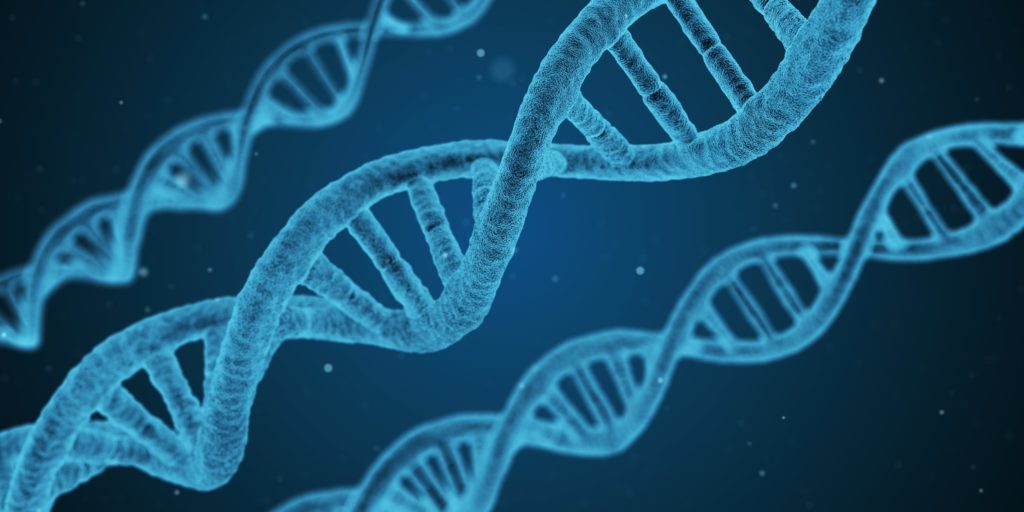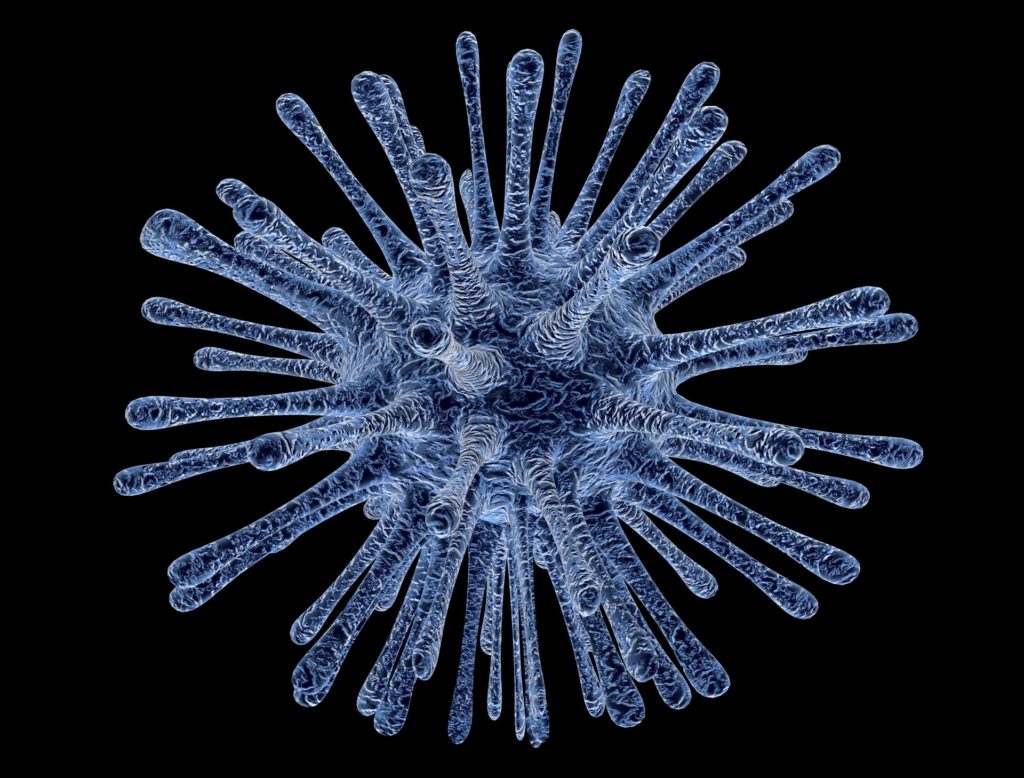Evolution could be to blame for autoimmune diseases and disorders, such as lupus, Behcet’s, multiple sclerosis and rheumatoid arthritis. The numbers grow for documented cases of these disorders as time goes, despite our advances in medical science. There is new evidence that suggests people with autoimmune disorders may be that way because their immune system is better equipped to fight off dangerous infections, ironically allowing them to live longer.

“There are so many autoimmune diseases affecting all sorts of tissues,” said Andrea Graham, an evolutionary biologist at Princeton University, “One potential answer is that vulnerability to immune-mediated disease is simply the price we must pay for potent and rapid defense against infection.”
http://algraham.princeton.edu/members/andrea-l-graham/
A study done on Soay Sheep in Scotland by Andrea Graham helps prove this theory. It was seen that autoimmune disease happens in the wild as well. The findings suggest that our genetics can influence our levels of self-reactive antibodies and that this is linked to a stronger defense against parasites. Wild sheep with higher levels of these antibodies live longer.
A study done in Taiwan on a large group of elderly people measured the levels of “self-reactive” antibodies (those capable of attacking the body’s own tissues). They found that individuals with higher levels of these antibodies were likely to live longer. The participants with high levels of self-reactive antibodies had on average a 33 percent lower risk of dying that year and were less likely to have a chronic viral infection.
What makes this study remarkable is that it explains in evolutionary terms why human evolution has failed to weed out autoimmune diseases, says Gabriele Sorci, an evolutionary biologist at the University of Bourgogne in France.

